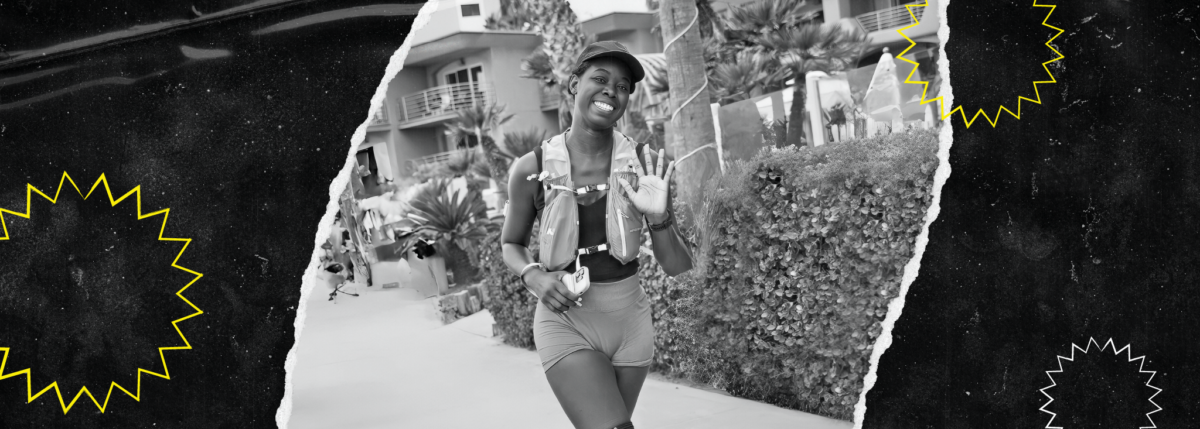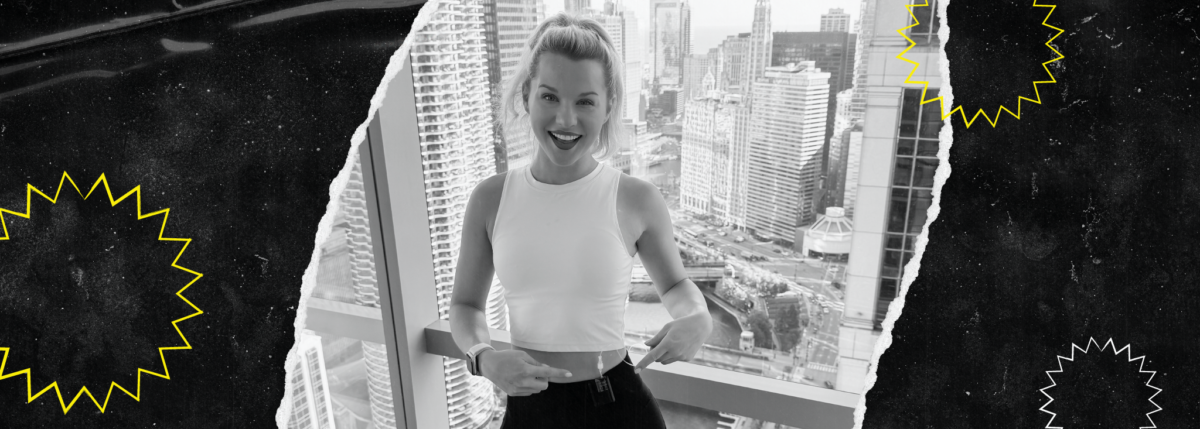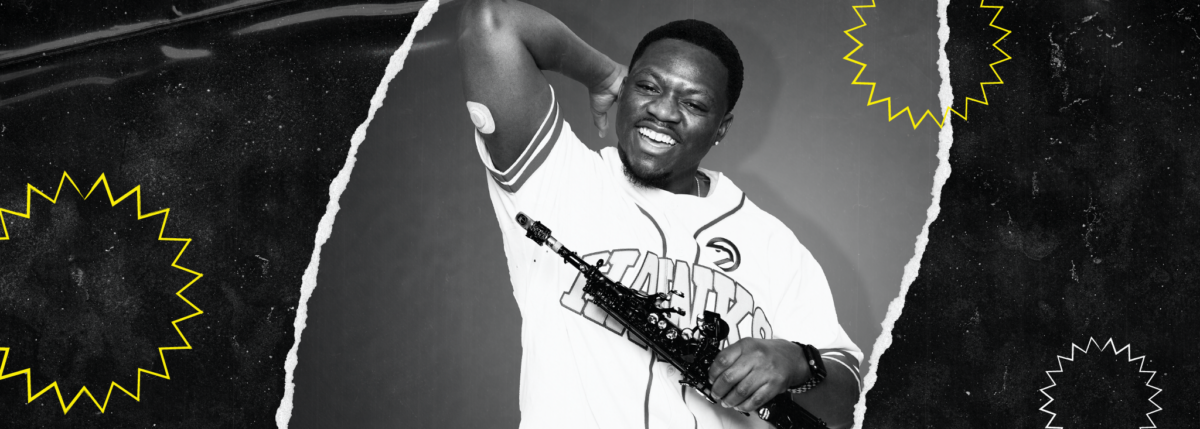Overcoming FOH: Fear of Hypoglycemia
Written by: Daniela Rojas and Mariana Gómez
3 minute read
November 13, 2018
Severe hypoglycemia—How do we overcome fears we might have?
Recently, our community was surprised by the tragic news of the death of a minor after an episode of severe nocturnal hypoglycemia. Of course, those of us who live with type 1 diabetes (T1D) and our caregivers were not only surprised but were also emotionally affected. Many families approached health professionals from different areas trying to find answers so that patients do not feel as though they have to live with fear.
Currently, we know that hypoglycemia unawareness causes more deaths than we are willing to talk about. Today, we want to talk to you about it because we seek to ease the emotional burden in our community.
First, what is hypoglycemia?
Hypoglycemia is a blood glucose level below 3.9 mmol/L70 mg/dl, and we know that it is caused by too much insulin or too little sugar in the body. If untreated, hypoglycemia can cause seizures, loss of consciousness and even death.
The American Diabetes Association divides hypoglycemia by levels:
– Level 1: Blood glucose value of 3.9 mmol/L70 mg/dL or less.
– Level 2: Blood glucose value of 3.0 mmol/L54 mg/dl which is considered low enough to indicate clinically relevant hypoglycemia.
– Level 3: Severe hypoglycemia, refers to hypoglycemia where there is cognitive disability that requires help from a third party for recovery.
What is recurrent hypoglycemia?
Recurrent hypoglycemia, as the name implies, refers to several (frequent) episodes of hypoglycemia. This could be defined as two to more than four episodes of hypoglycemia per week. This frequency, according to studies carried out by different health professionals, can lead to hypoglycemia unawareness.
What is hypoglycemia unawareness?
This is our biggest concern recently. Hypoglycemia unawareness refers to the lack or loss of symptoms when there is a low blood glucose level. A severe hypoglycemia episode can be very serious. By not detecting the early symptoms of hypoglycemia, a person may have severe symptoms when there is a really low blood glucose level and therefore they may have seizures and loss of consciousness in many cases. Today we know that the years in the evolution of T1D could be a factor for the development of severe hypoglycemia, but we also know that the frequency of moderate hypoglycemia may be another cause.
What is fear of hypoglycemia?
Today, there are several instruments to measure your fear of hypoglycemia (FOH). There are some questionnaires and other instruments created so that any mental health professional can evaluate this among patients. Why do we want to evaluate it? We see today that the fear of hypoglycemia can be one of the barriers to better glycemic management. Some patients will prefer to keep high blood glucose levels in order to avoid hypoglycemia. As we already know, high blood glucose levels increase the risk of developing complications.
From fears to highs
The fear of developing complications from elevated blood glucose levels is a risk factor for hypoglycemia. People try to maintain low blood glucose levels and these levels are detected when they are at the very low limits.
What can we do?
- Evaluating emotional health. Of course, fear is normal and many of us will experience fear. But will fear prevent you from reaching your glycemic management goals? Will fear interfere with your decision making? Do you feel anxiety and does this feeling burst out and affect your daily activities when trying to manage your condition? Seek help from a mental health professional, work on a plan together. Don’t wait too long to seek out and receive the help you need. This doesn’t only apply to those who live with T1D, it also applies to those who care for others with T1D—parents, siblings and partners.
- Intervention and emotional health. There is a great need at the emotional level and for people who work in that area, this often leads to fear and if its diverse symptoms are not recognized in a timely manner, this ends up only feeding the fear. We must work hard on improving these programs and incorporating assistance for emotional health.
- Technologies for T1D management. We are aware that not everyone can have access to the best systems or technology for T1D management, but some tools—especially continuous glucose monitoring devices—can provide information that in some cases may even save our lives. Even the analysis of capillary glucose monitoring data can help us make fine adjustments to keep our blood glucose in range for as long as possible and thus avoid episodes of severe hypoglycemia.
- Review of knowledge: It is important to eliminate sources of error. Let’s review our knowledge regarding decision-making. We should analyze our carbohydrate counting and insulin dosing skills in order to reduce factors that could interfere with our care and lead to hypoglycemia.
Although the lack of access to technology for continuous glucose monitoring may be a great burden, several studies show that the use of intensified treatments—and by intensified we mean the use of different basal doses—and with a supply of insulin 24 hours a day, the risk of hypoglycemia also increases.
On the other hand, we must emphasize the urgent need to improve our diabetes education programs with special focus on the emotional health of patients.

Author
Daniela Rojas and Mariana Gómez
Daniela is a psychologist and specializes in type 1 diabetes and other chronic conditions. She is an advocate and blogger from Costa Rica. Her blogs are available at www.diabeticasolutions.net. She is passionate about hiking and diabetes camps. <br> <br> Mariana was diagnosed with type 1 diabetes in the summer of 1985. She is a diabetes educator and a licensed psychologist specialized in narrative. In 2008, Mariana started a blog where she shares her experiences and diabetes knowledge with others and she began being an active advocate through social media. Mariana worked for the Mexican Diabetes Federation as communications manager helping to build and empower the diabetes community in Mexico. She is a proud mother of a 11-year-old football player.
Related Resources

Danica Collins not only prepared for one of the most challenging physical events of her...
Read more

Beyond Type 1 is spotlighting inspiring athletes with type 1 diabetes as they prepare for...
Read more

On November 3, 2024, Taylor Rindfleisch of Chicago laced up her running shoes for the...
Read more

